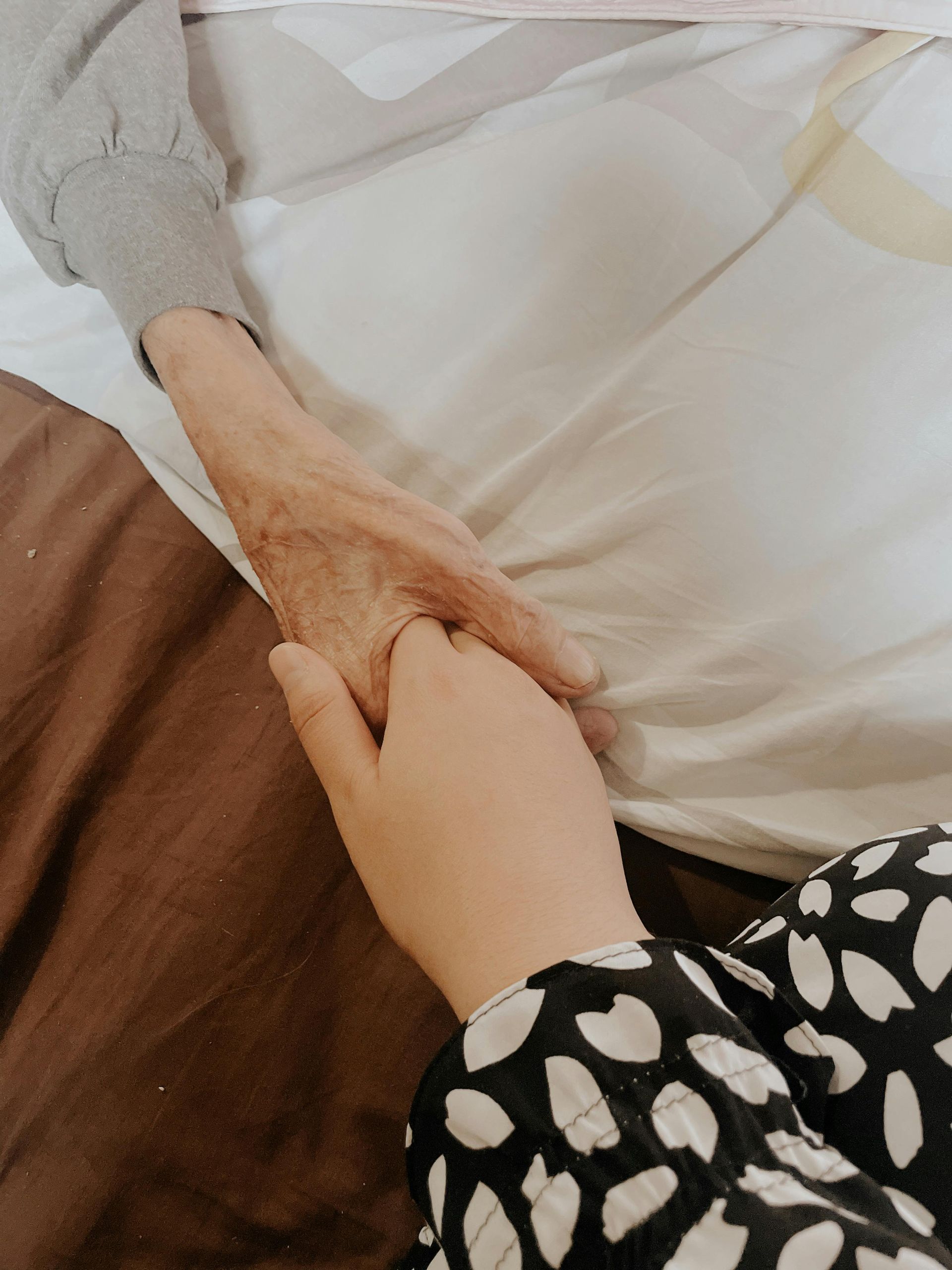Nursing Facilities with Zero Deficiencies
A nursing home’s failure to meet a Federal participation requirement is defined as a deficiency. Examples of deficiencies include a nursing home’s failure to adhere to proper infection control measures and to provide necessary care and services. Each deficiency is given a letter rating of A through L based on the State agency’s determination of the scope and severity of the deficiency. See chart below.

KABC keeps track of inspection results for every licensed long-term care facility in Kansas. We look for patterns or trends of both good quality care and poor care.
The
following six nursing facilities in Kansas had no deficiencies cited during their most recent health inspection:
- Bethesda Home, Goessel
- Haviland Health and Rehab
- Ross Hall, Leavenworth
- North Point Skilled Nursing Center, Paola
- Yates Center Health and Rehab (recently burned down, all residents and staff were safely evacuated)
- Villa Maria, Mulvane
In addition, Ross Hall, Haviland Health and Rehab, and Yates Center Health & Rehab have had three consecutive inspections with no deficiencies.
To learn more about these facilities or any others in Kansas, contact KABC. We can provide up-to-date information about inspection results, complaint investigations, changes in administrators or owners and more at no cost. Let us help you in finding the best care possible for your loved ones.






